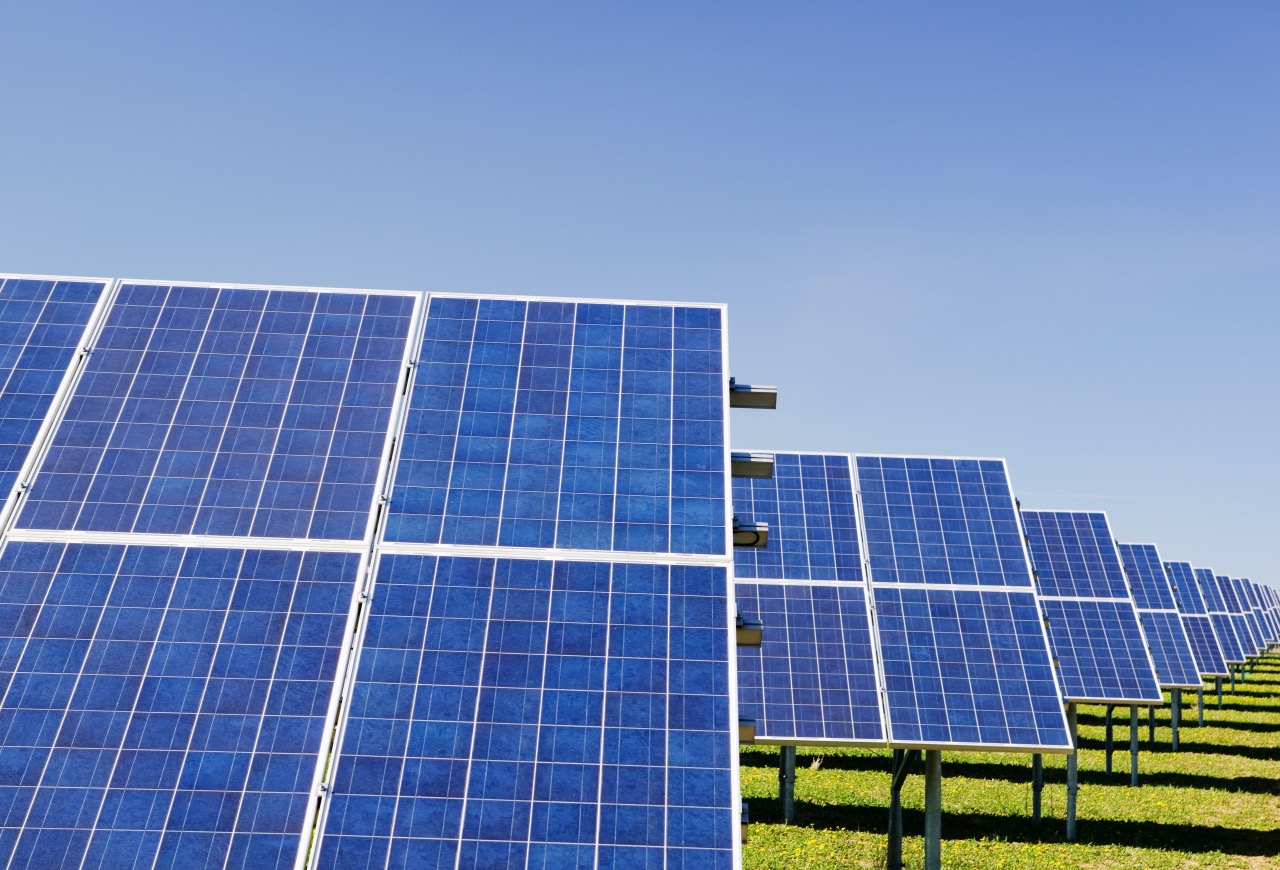The Article 9 fund will invest primarily in Africa and Asia. US International Development Finance Corporation, Swedfund, Swedish International Development Cooperation Agency and other partners will provide capital and guarantees.

Mirova, an affiliate of Natixis Investment Managers, said its Mirova Gigaton Fund raised $171m (€159m) at its first close. The blended finance debt fund, which targets energy transition investments in the developing world, aims to raise $500m in total.
The fund will mainly target SMEs working in sectors such as solar home systems, agri-solar, commercial and industrial solar, telecom tower solarisation, and mini-grids. It will also look at investments in e-mobility, battery storage, climate-smart food systems, energy efficiency and carbon credit pre-financing.
Mirova said the fund already had an investment pipeline in more than 30 countries. The focus is mainly on investments in Africa and the Asia Pacific region, as well as Latin America and the Middle East.
The fund seeks to speed up progress towards the UN sustainable development goals (SDGs) by investing in companies that help offset CO2 emissions, create jobs, advance gender equality and improve energy access. It is classified as an “Article 9” fund, the greenest rating in the EU’s Sustainable Financial Disclosure Regulation (SFDR) framework.
Mirova said the Gigaton fund expects to deploy $1.2bn of private debt throughout its life. Partners including the US International Development Finance Corporation (DFC), Swedfund, the Swedish International Development Cooperation Agency (Sida) and others will provide capital and guarantees intended to decrease risk and thus encourage investment of private capital. Natixis Private Equity has also invested in the fund.
Clean energy debt financing
Ryan Levinson, Mirova Gigaton Fund’s director, said it would provide medium-long debt financing for clean energy projects and companies, accelerating the transition to a low-carbon economy and improving energy access.
“Today, more than 770m people lack energy access in the world – mostly in Africa and developing Asia – regions with populations that are also the most vulnerable to the global climate crisis. Addressing climate change requires a reallocation of capital to decarbonizing global economies, particularly a clean energy transition in emerging markets,” he said.
Investment advisor for the fund is Mirova’s wholly owned subsidiary Mirova SunFunder East Africa Ltd, which is a Nairobi-based impact investor focused on providing clean energy financing in frontier markets.
Mirova SunFunder has been a keen investor in Kenya’s expanding solar power industry. In July 2002, it said it had provided a debt facility for Distributed Power Africa to deploy solar energy solutions to customers in Kenya. The fund has provided debt facilities in the Kenyan market through its Solar Energy Transformation Fund.
In December, Impact Investor reported on how another Mirova fund, the €300m Mirova Environment Acceleration Capital fund, had invested in Naϊo Technologies, a French agricultural robotics firm, which plans to expand into Africa, Asia, South America and other markets. Its products help offset labour shortages, combat soil erosion and reduce the use of herbicides and cut CO2 emissions generated by farming.






